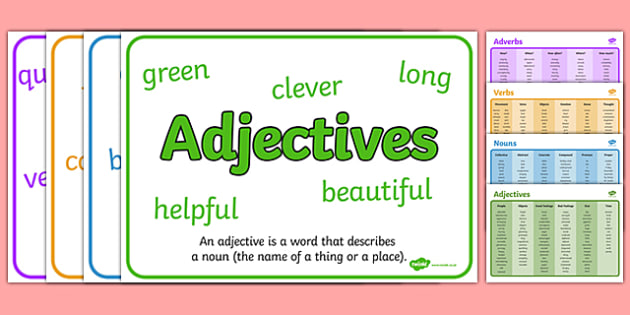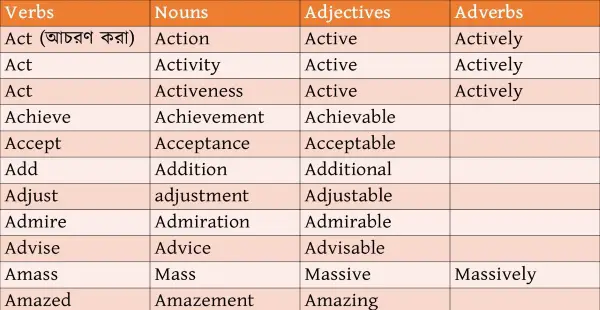

In the sentence above, the adjectives strong and weak function as nouns. The natural world often pits the strong against the weak. Similarly, adjectives can function as nouns: In the sentence above, apartment is a noun that functions as an adjective. Nounsįor example, nouns can function as adjectives: Scarcely and hardly are already negative adverbs.Many words can function as more than one part of speech.

When not used in this health-related sense, however, well functions as an adverb for example, "I did well on my exam." When well is used as an adjective, it means "not sick" or "in good health." For this specific sense of well, it's OK to say you feel well or are well - for example, after recovering from an illness. (Refer to rule #3 above for more information about sense verbs and verbs of appearance.)Ĭonfusion can occur because well can function either as an adverb or an adjective. Remember, though, that an adjective follows sense-verbs and be-verbs, so you also feel good, look good, smell good, are good, have been good, etc. Good is an adjective, so you do not do good or live good, but you do well and live well. It would mean that you are unable to feel, as though your hands were partially numb. So you'd say, "I feel bad." Saying you feel badly would be like saying you play football badly. When you want to describe how you feel, you should use an adjective (Why? Feel is a sense verb see rule #3 above). Using the adjective careful here would not make sense, because it would mean that the dog gives off an odor of carefulness. Here carefully is an adverb that modifies the verb smells. Writing Letters of Recommendation for Students.


 0 kommentar(er)
0 kommentar(er)
